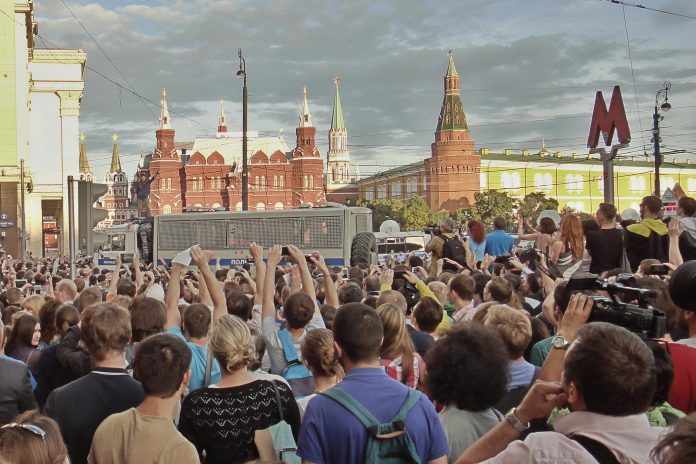Russian President Vladimir Putin has been formally nominated as a candidate in the upcoming 2018 presidential election. But opposition leader Alexei Navalny has called for a boycott of March’s vote.
Navalny has been barred from running in the election because of a corruption conviction, which he argues is politically motivated. This means that Putin has no serious challenger.
As reported by the BBC, Navalny said the decision would deny millions of Russians their vote, and called for a “strike by voters”.
Earlier on December 26, Kremlin spokesman Dmitry Peskov said: “The calls for a boycott will require scrupulous study to see whether or not they comply with the law.”
Declining to comment on the commission’s decision to remove Navalny from the race, he rejected allegations that it could undermine the vote’s legitimacy.
This was a hint that there may still be trouble ahead for Navalny. There is no doubt that Vladimir Putin is the out-and-out favourite in this election. But after 18 years in power, his team is struggling to inject energy into a predictable process.
According to the BBC, they want a large turnout, to give Putin the strongest possible mandate. So Navalny aims to cut into that with his boycott, arguing that without Putin’s most popular, and strongest critic, these elections are fake and a farce.
However, Putin is unlikely to be too worried (unless the boycott really grows). He has already painted Navalny as a man with no positive programme, and one who threatens to plunge the country into chaos.
The president’s own message is of stability and strength – two reasons why many Russians are backing him for another six years in power.
Putin, 65, is seeking a fourth term. If he wins, he will become the longest-serving Russian leader since Joseph Stalin.
As for his decision to run as an independent candidate, rather than from the ruling United Russia party, Putin has not explained. Experts, however say this could be to distance himself from the party’s low approval ratings.

